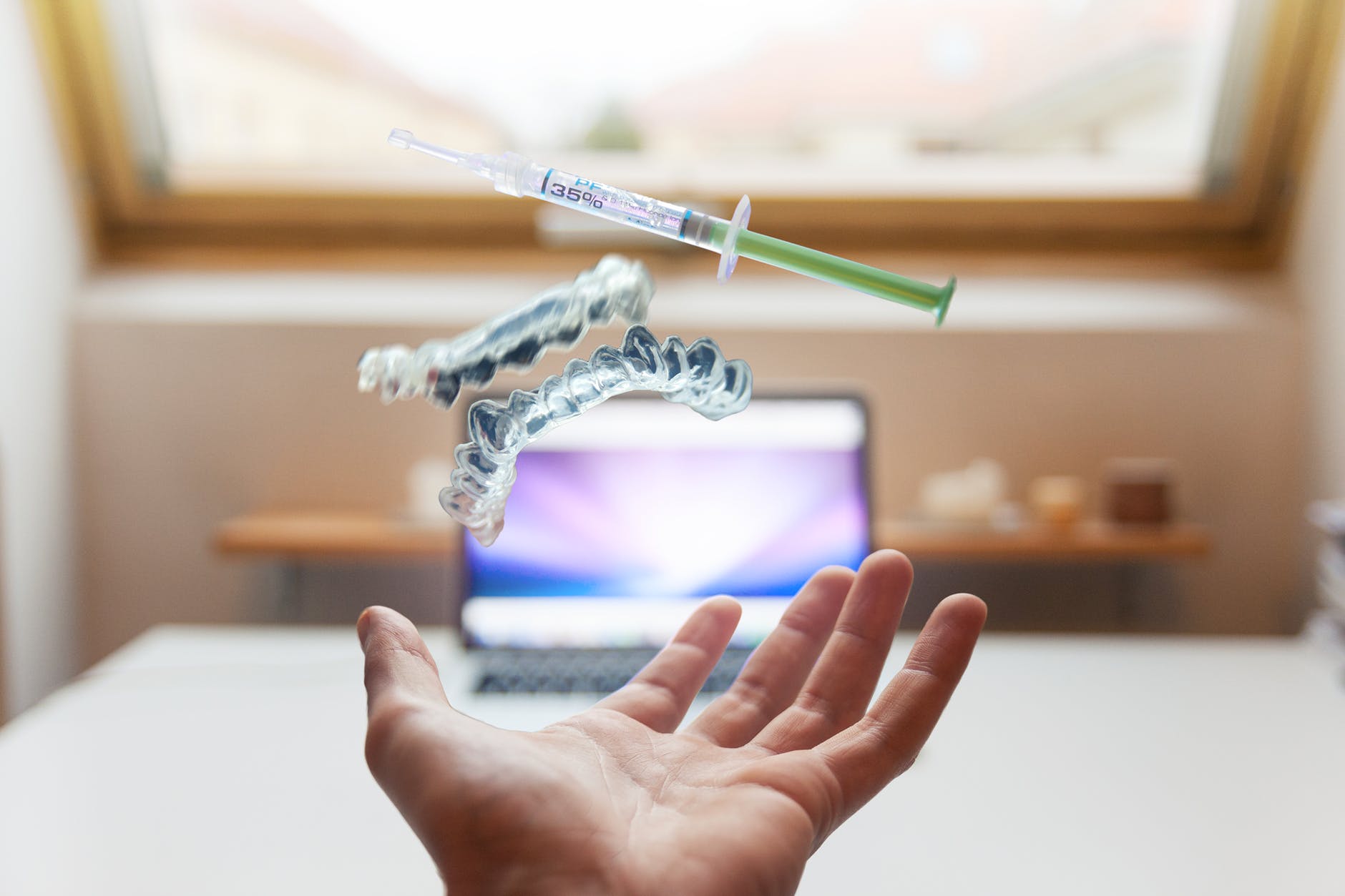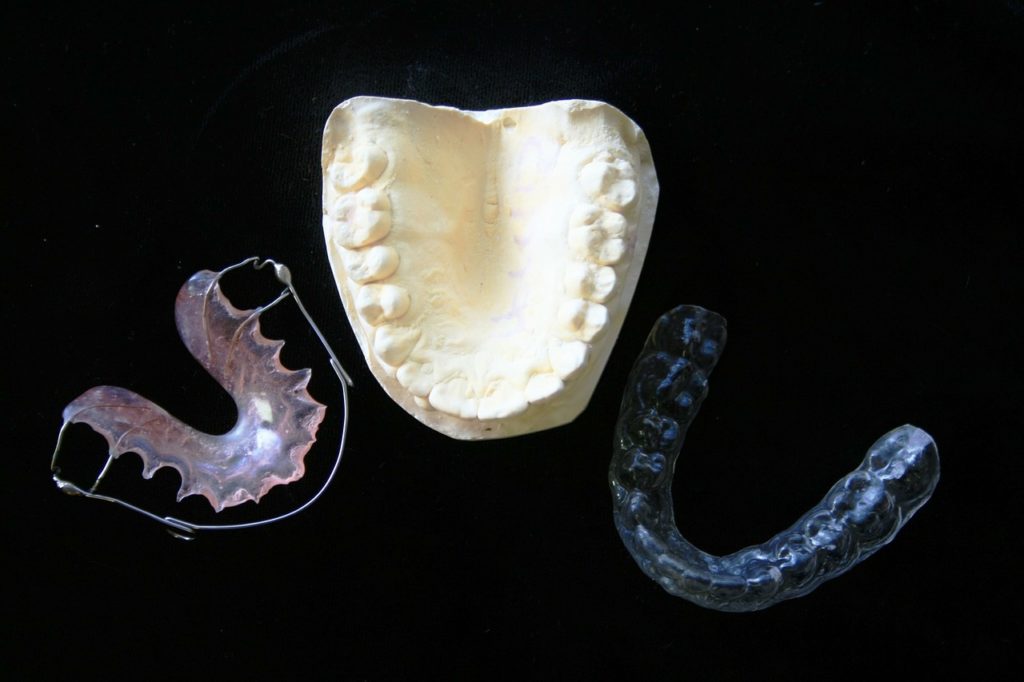Hygiene Tips for the Adult with Braces

Importance of oral hygiene
Good oral hygiene is critical to your dental health and your overall wellness. If you don’t practise good oral hygiene, then harmful bacteria in teeth and gums can get into the bloodstream and spread to other parts of your body. Poor oral hygiene can result in issues with heart disease, diabetes, pregnancy, and other health problems. Not to mention that it will spoil your teeth and destroy your confidence. If you’re looking to enhance your smile, a smile makeover is possible in altamonte springs.
Following an effective oral hygiene regime especially when you are wearing braces can help prevent dental and other health problems, like tooth decay and gum disease, cavities, discolouration, decalcification, and staining of your teeth.
Brushing regularly, flossing, visiting the dentist frequently, and even watching what you eat can ensure you have a lifelong radiant smile and good health.
If you wear braces, regular dental cleanings by a hygienist can remove harmful plaque and tartar from your teeth and gums, and around your brackets and wires. Food particles tend to accumulate around your brackets and can be challenging to remove even with special orthodontic brushes, so talk to your hygienist about booking more frequent cleanings until your braces come off.
No one wants the tell-tale stains of poor hygiene habits on reveal day, so ensure you carry a mini dental kit with a soft toothbrush, floss threaders and interdental brushes to keep your teeth sparkling for when your braces are removed.
Brackets and wires work hard to guide your teeth into alignment so use the following tips to make sure your new straight smile is also bright and disease free!
Brushing routine
Having brackets on your teeth can make it more challenging to brush, especially after an adjustment when your teeth and gums are sensitive. Commit to spending time cleaning around each bracket to remove trapped food debris. Some dentists recommend brushing for three minutes rather than two when you have braces.
When brushing around the brackets, you have to be careful not to apply too much pressure as this can damage them.
If possible, try to brush after you eat. If this isn’t possible rinse your mouth out with salt water which will help to wash away food particles and also neutralise the pH of your mouth and inhibit tooth decay.
Cleaning methods
Proper oral hygiene begins with good cleaning methods. Especially with braces, it is important to find a method that works well for you. Brush your teeth at least twice a day, floss at least once a day, and use mouthwash to dislodge food from tight places.
-
Brushing
Toothbrushes that have soft or extra soft bristles make it easier to brush around braces. It is better to brush smarter and not harder so when brushing between wires and all around the brackets hold the brush at a 45° angle and use small circular motions to clean all surfaces of your teeth and the brackets.
If you do not have time to brush or floss after a meal an interproximal brush is a great tool. It has a thin brush on one end that can slide under the wires and remove plaque. It can also be used to clean around brackets.
Always use toothpaste that has fluoride as an ingredient as this helps strengthen enamel which protects your teeth.
-
Flossing
There are different types of floss specifically designed for braces. These help to get between the wire easily to clean between teeth. A platypus ortho flosser is flat on one side making it easier to thread through wires. You simply push it under the bracket and wires to clean debris.
Some floss has a stiff end that makes it easy to go under braces wires and between teeth. Once this type of floss is under the wire it has a sponge-like part to clean around the brackets, then regular floss on the other end so you can clean your gum line.
You can also try using a water flosser such as Waterpik to remove food that is trapped between your teeth or around your brackets.
Always floss as gently as possible, so you don’t damage your brackets or wires.
-
Mouthwash
Mouthwash should be used once a day to protect and strengthen enamel. When choosing a mouthwash, it is important to read the ingredients list. It should have fluoride but no alcohol. Alcohol can cause dry mouth which decreases saliva production and causes bad breath and cavities. If you need recommendations on which mouthwash to use, you can ask your Rotherham dental practice.

How to care for braces
If your brackets or wires break frequently, you might have a longer treatment. If you break a bracket call your orthodontist to get it fixed, so your teeth don’t start shifting and affect the progress already made.
Biting fingernails or pen caps can damage your braces. If a wire becomes loose or is continually poking the back of your mouth, it can be temporarily fixed using dental wax until you can visit your orthodontist.
Visiting your dentist biyearly is even more critical when you are wearing braces because cleaning your teeth is more challenging, and you are more likely to experience tooth decay or cavities. You will also have to visit your orthodontist every four to six weeks to have your braces adjusted.
What to eat
Wearing braces does mean some limitations to your diet, so you don’t damage them. Popcorn, gum, taffy and other sticky or chewy foods should be avoided, as should hard candies, nuts and seeds.
Cut crunchy foods, cheese and meat into bite-sized pieces before you eat them. Try steaming vegetables to soften them if you find they are difficult to eat raw.
It is even more important to minimise sugary foods and drinks when you have braces. The sugar adheres to the surface of your tooth and around the brackets and immediately begins to erode the enamel causing decay.
It’s essential to keep your teeth and gums clean throughout your orthodontic treatment. If you need help with any of the cleaning techniques contact your orthodontist or dentist and they can demonstrate the correct way to clean your teeth and brackets. After all, the goal of your treatment is to have a healthy and beautiful smile!
Author Bio
Wickersley Dental and Implant Practice is a Private Dentist in Rotherham and mainly focuses on Preventative care, Implantology, Hygiene treatments, Cosmetic procedures and Orthodontics. Visit our website www.wickersley-dental-practice.co.uk or call us on 01709 543 033 to know more.